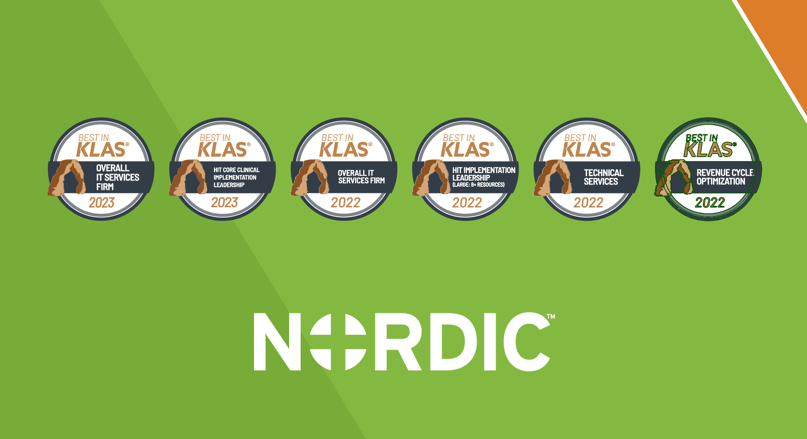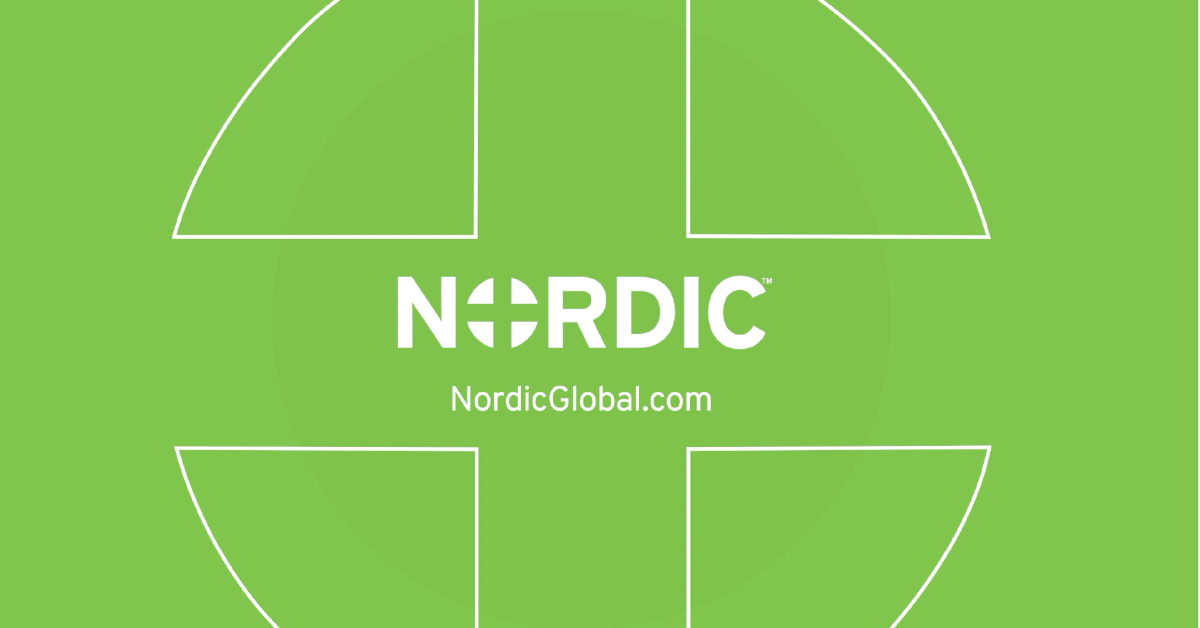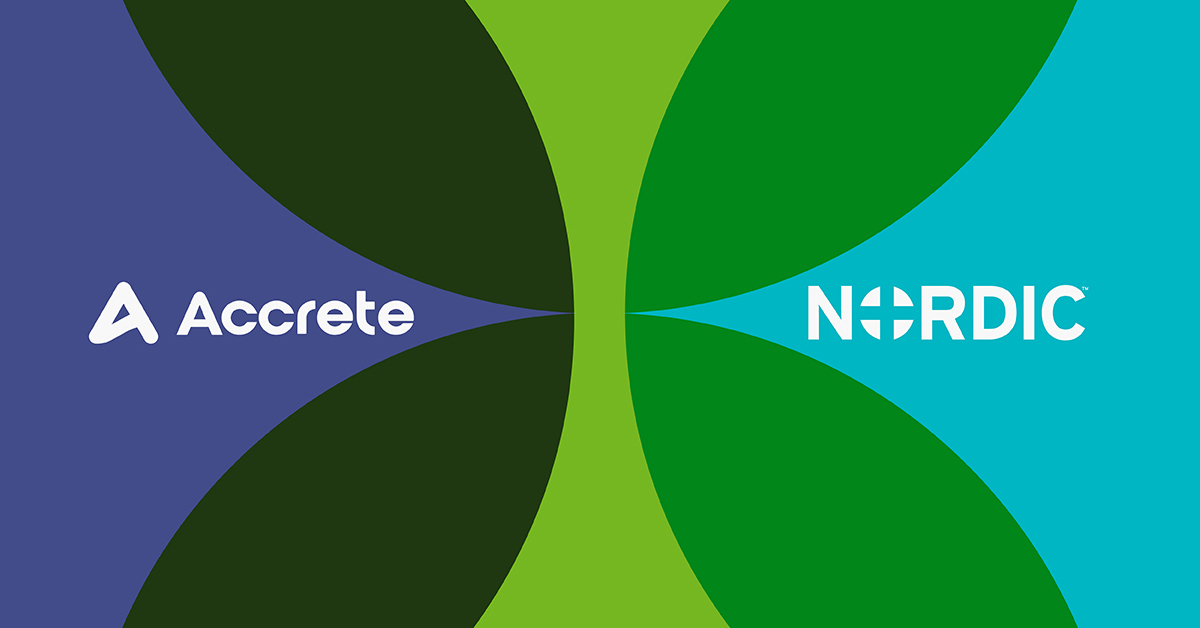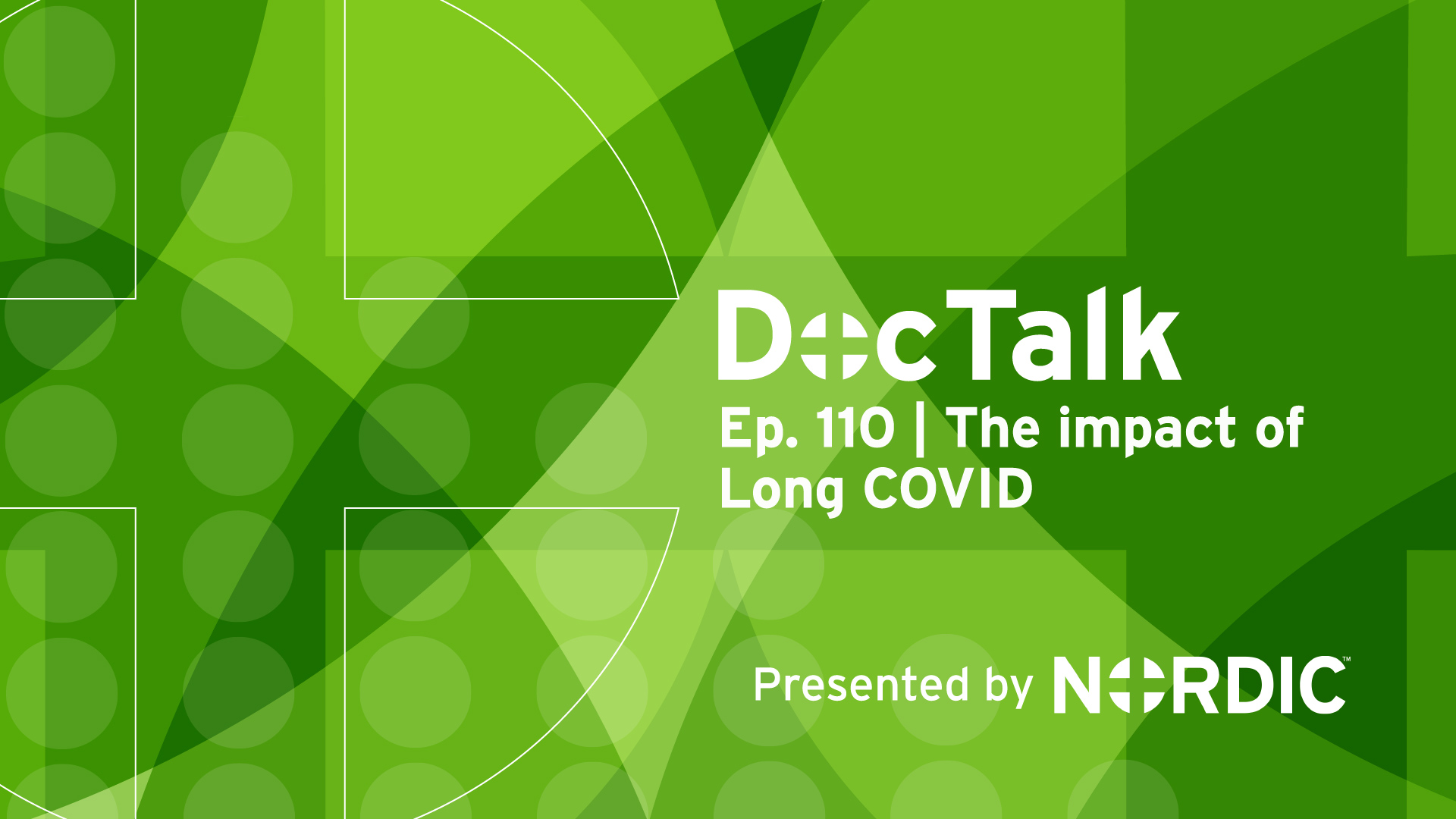During the month of February, the United States celebrates the achievements of African Americans and their role in U.S. history. With its precursor beginning in 1926, Black History Month was officially recognized in 1976 by President Gerald Ford, urging the public to “seize the opportunity to honor the too-often neglected accomplishments of black Americans in every area of endeavor throughout our history.”
Though originally designed to inspire thoughtful discourse about the African American experience in educational institutions, Black History Month has expanded beyond schools to celebrate those who have made a variety of important contributions throughout U.S. history.
Here at Nordic, we’ve commemorated African Americans who have made a significant impact in healthcare.
Though comprising 12% of the U.S. population, African Americans are woefully underrepresented in the healthcare workforce, ultimately affecting the care that they themselves receive. It’s important that healthcare organizations place a greater emphasis on increasing their efforts in diversity, inclusion, and equity to more accurately reflect the society in which we live.
With that in mind, we recently spoke with two of our Managed Services teammates to discuss their thoughts about diversity, inclusion, and equity in the workplace.
Monique LaFonta joined Managed Services in December of 2018 and is the SER Team Lead. Prior to joining Nordic, she was a full-time employee at a hospital and a consultant.
David Brown joined Managed Services in September of 2018 and is a Radiant Senior Analyst. Prior to joining Nordic, David was a traveling nurse and had a variety of patient care roles working with patients of all ages across the country.
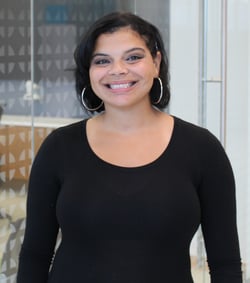
In a field that is predominantly Caucasian, what are your thoughts on diversity, inclusion, and equity in healthcare and/or IT?
Monique: Getting into the industry as an IT major, it was a reservation for sure. But that’s one of the blessings of Epic-related work, is that it has afforded more opportunities for diversity. Since training is offered, hospitals are hiring people from all walks of life with different majors and backgrounds. People are able to work their way up the ranks.
Being in a management position, where there’s typically less diversity, is really important to me. I don’t take this role lightly, and I enjoy being in a position to help. There have been major strides in the industry, but it’s certainly not where it could be. It’s at least heading in a direction that makes me happy, but I could always be happier when it comes to diversity.
David: From a care perspective, providers continue to need to be reminded that we’re all equal and our care should all be equal. Population health is even more important than ever, but it’s up to the healthcare professionals to reach out to the communities and understand the innate difference between them, such as the uptick of sickle cell in African Americans or the higher rate of maternal mortality in African Americans. From a health IT perspective, vendors need to take a look at the terminologies being used in EHRs and how minorities are represented in the system. A simple checkbox doesn’t tell the whole story of the patient’s background and ethnicity. It’s much more complex than that.
You’ve both worked in healthcare a number of years. What changes have you seen throughout your career in terms of diversity, inclusion, and equity?
Monique: There has definitely been an increase in the presence of minorities within the Epic field. It’s not as Caucasian as it once was. If you have a bachelor’s or associate degree, you’re being hired and trained, so the entry point is lower and more open to give those opportunities to people who may not have had them otherwise.
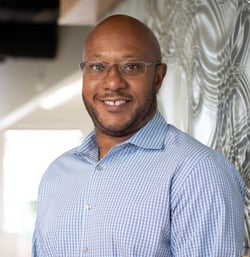 David: Companies are actively working on increasing their diversity, inclusion, and equity. When it comes to the way that care is being delivered, you’re seeing different languages being included in discharge papers so that patients of different backgrounds can understand their care. With translation being improved, it has increased the access to healthcare for so many disadvantaged communities.
David: Companies are actively working on increasing their diversity, inclusion, and equity. When it comes to the way that care is being delivered, you’re seeing different languages being included in discharge papers so that patients of different backgrounds can understand their care. With translation being improved, it has increased the access to healthcare for so many disadvantaged communities.
Why is it important to have a diverse, inclusive, and equitable workplace?
Monique: It’s more of a reflection of our society as a whole. As an African American woman, I find more comfort when I see people that look like me. I look forward to bouncing ideas off of them and hearing their stories. It’s especially important to have people in management roles that look like you. People’s differences should be celebrated, as we all bring different ideas to the table. It’s invaluable.
David: Having an organization that is homogenous in skin tone is not realistic and ignores the perspectives of so many people in our society. We can learn so many positive things from our differences, which are important to acknowledge, as long as it’s done tactfully.
Why is diversity, inclusion, and equity so important in healthcare?
Monique: Look at the patients. You’re dealing with people from all walks of life, and there shouldn’t be differences in healthcare treatment, but there is. What we do in healthcare has a direct impact on the patient population, and so it’s important that that diversity is represented on all sides. As an African American woman working in healthcare, I recognize more than ever how important it is to be a part of this industry and I’m so glad that I work at a company that wants to improve.
David: If healthcare professionals treated everyone the same, then the standard of care would be equal across the board. It’s so important for doctors and nurses to understand the varying cultures to increase patient outcomes. Being an African American nurse, I can’t tell you how many times I saw a look of relief on my African American patients’ and families’ faces when they saw me walk in with my RN badge. Seeing their own community represented in healthcare gave them the confidence to know that they were getting the level of care that they needed.
What do you think companies could do to increase their diversity, inclusion, and equity efforts?
Monique: In terms of recruiting, focus on outreach to locations that have a stronger minority presence. There are also newsletters and other organizations that cater to women and minorities in tech. Truly care about diversity and be aware of all the different opportunities to reach out to minorities.
It’s also important to make an effort internally to include minorities in the conversation when making important business and culture decisions. Having cognizance of our differences is a big step. Walk the walk that we’re talking. Remove interview bias, which is a real thing.
David: When it comes to hiring, make sure that you are making it known that minorities are included at your company, we can smell fake stock photography a mile away. Include real employee testimonials and advertise to minorities on the hiring platforms in a tasteful and tactful way.
From a culture perspective, people love entertainment, so bring in entertainment from a variety of different cultures, e.g., a black poetry reading or have local diverse talent teach a subject matter unrelated to healthcare. Increasing exposure to a variety of cultural events helps everyone explore interests outside of their norm.
Nordic’s maxim, "Be You," encourages us to celebrate our authentic selves, include all people, and embrace our differences. The need for healthcare doesn’t discriminate and neither do we. At Nordic, we strive to create an environment that makes everyone feel welcome, regardless of race, ethnicity, gender, age, sexual orientation, religious beliefs, veteran status, disability, or other attribute. If you’d like to learn more about how you can make a difference, be happy, and grow your career, check out our current openings.
